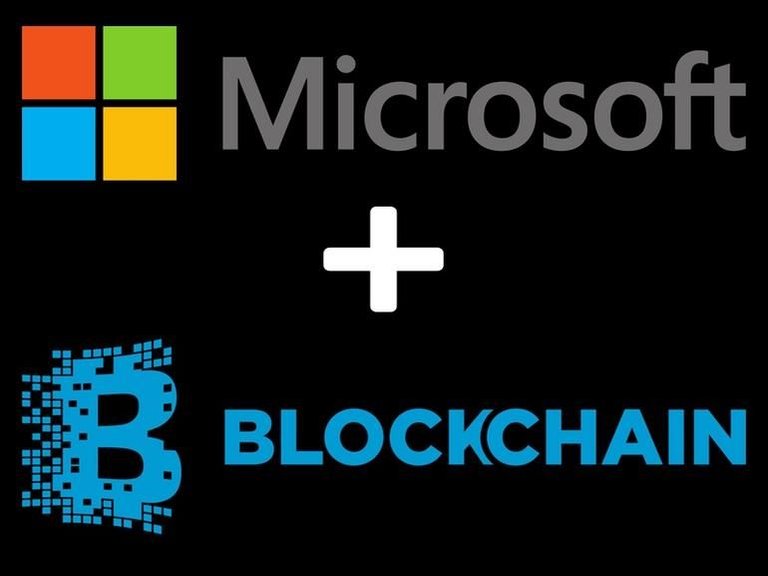
In a recent posting, Microsoft announced their embrace of public blockchains, such as Bitcoin and Ethereum, for use in decentralized identity systems. Initially, the old technology giants will support blockichains-based decentralized ID (DIDs) through the Microsoft Authenticator application.
Unlike the identification forms used in the world today, decentralized identity systems are not controlled by centralized and single institutions such as government or high-tech companies. The idea is that a decentralized identity system eliminates the possibility of censorship and gives full control over their identity and reputation.
After looking at different types of decentralized identity systems, Microsoft turned to public blockichains because of their ability to allow privacy, ownership, and unauthorized access.
"After examining decentralized storage systems, consensus protocols, constraints, and emerging standards, we believe that blockchains technology and protocols are well suited to allow Decentralized IDs," today's announcement from Microsoft.
Identity is one case of using a long-hailed blockchain technology that has nothing to do with payment or currency. In today's post, Microsoft appoints Bitcoin, Ethereum, and Litecoin as three specific platforms suitable for DIDs.
Dozens of identity-related blockchain projects have emerged over the years, with Blockstack ID and uPort being the two most notable examples.
Microsoft plans to work with the implementation of the DIDs method, which follows the specific standards outlined by the W3C working group. However, the technology giant has not revealed specific DID integration methods at this time.
image source: techrepublic.com